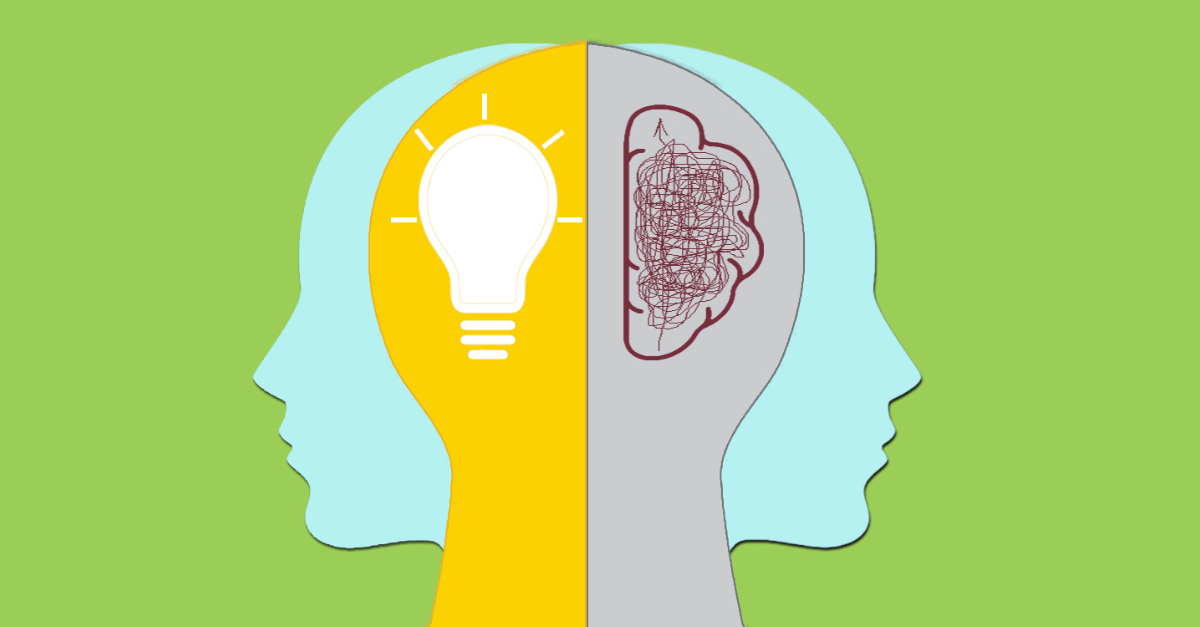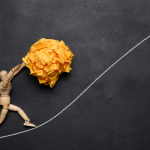It is Meher’s second week at her new job, and she is already overwhelmed by all the big changes in her life, having just graduated from college. It has been hard trying to figure out how to adjust to her new work environment and colleagues, and she is constantly worried about messing up. Eventually, she ends up making a mistake, despite trying her hardest to be careful, and her supervisor sharply rebukes her in front of her co-workers.
Most people would respond in one of two ways. They may get defensive and attempt to shift the blame, while thinking their supervisor has a personal vendetta against them. They may also start questioning their own abilities and feel undeserving of the job. In both cases, the person may end up dreading coming to work and be constantly ill at ease around their supervisor.
Meher, however, chooses to accept her mistake in a non-reactive way by not seeing negative feedback as a sign of a personal grudge. By responding in this way, she does not link that single mistake to her sense of self-worth or take it as a personal failure. However, this does not mean that she does not have negative emotions. She simply allows herself to feel her emotions as they come but does not react impulsively based on those emotions.
Like most people, Meher would have felt shame, anger, fear, or sadness in that moment. However, she made a conscious effort to not remain mentally fixated on that incident or to allow it to affect her feelings towards her job or her supervisor. Instead, she comes up with an action plan to ensure that such mistakes do not happen in the future. Meher can now look back at the incident as a stepping-stone on her journey of self-growth.
This is what it means to be mindful.
In today’s increasingly fast-paced world, it is easy to get caught up in the chaos of our daily lives, which leaves us feeling stressed, anxious, and overwhelmed. The importance of mindfulness has thus increased along with the demands of modern life. Mindfulness can be defined as being an attitude of mind that allows you to reach a state of heightened awareness of your own experience in terms of your thoughts, actions, feelings and emotions. In other words, it is the is the basic human ability to be present, aware of where we are and what we are doing, and not excessively reactive or overwhelmed by what is going on around us.
Initially, it may seem impossible to not ruminate over negative incidents or obsess about impending deadlines, but these are a few simple exercises to help you get started on your mindfulness journey –
- Focus on your breathing.
- Shift attention from your external environment or thoughts and focus on physical bodily sensations.
- Practice being grateful for what you have (your health, your family, your home, your job etc).
Human brains are capable of reorganizing themselves by forming new neural connections throughout life. This is called neuroplasticity. Thus, by engaging in regular mindfulness practice, we can essentially ‘train’ our brain to be more mindful and develop it as an effortless trait over time.
References:







